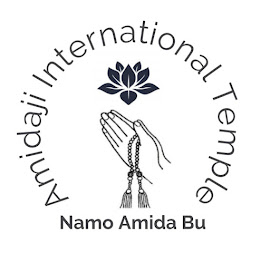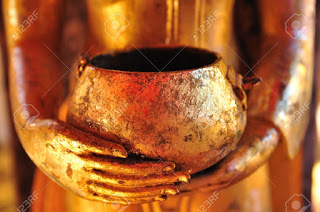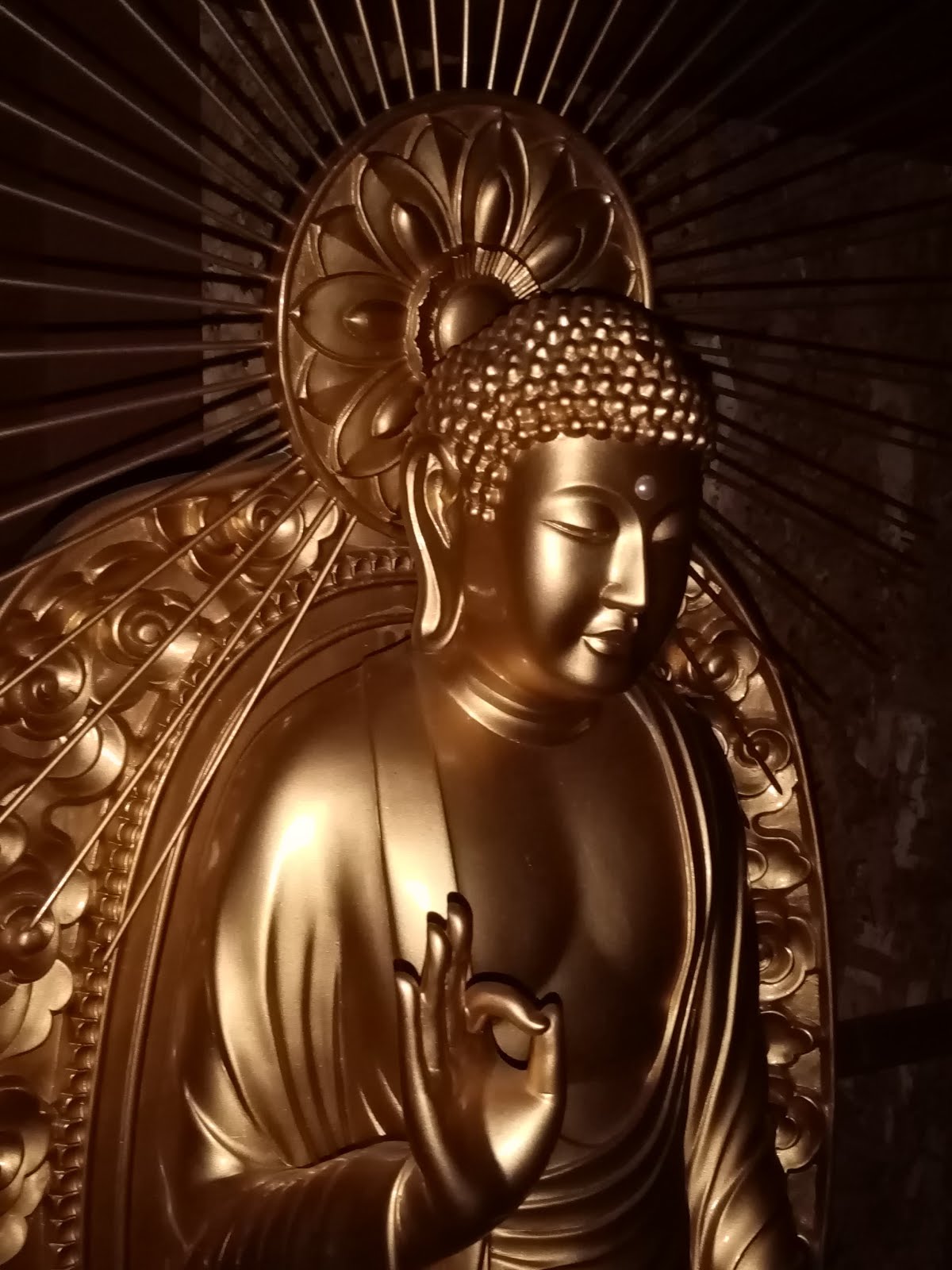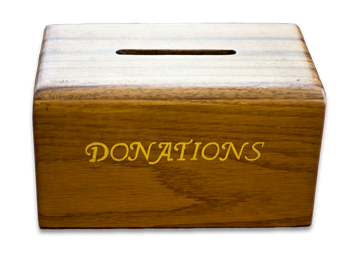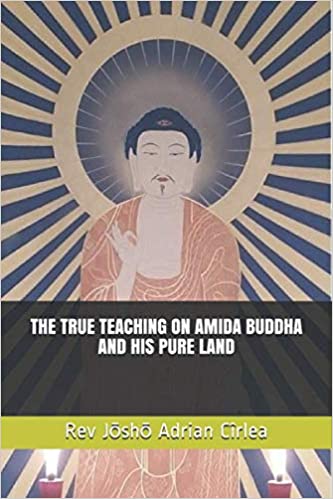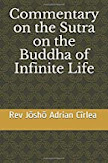 |
| Animal realm from the Wheel of Life |
updated and revised on 25th August 2020
Bodhisattva
Vasubandhu states:
“As for
the animals, they have three places, the land, the water, and the air. Their
principal place is the Great Ocean; the animals that are elsewhere
are the surplus of the animals”[1].
Master Genshin also explains:
“The
realm of animals is divided into two parts. The chief place is in the great
sea, and branches are interspersed in the realms of humans and heavenly beings” .

